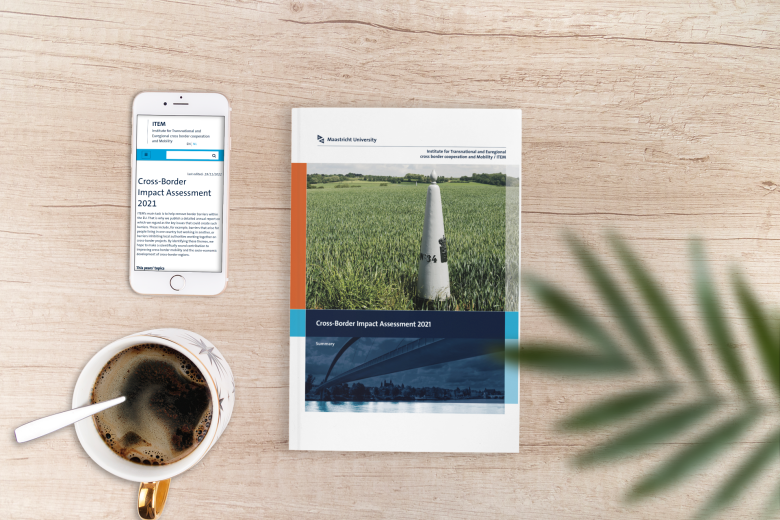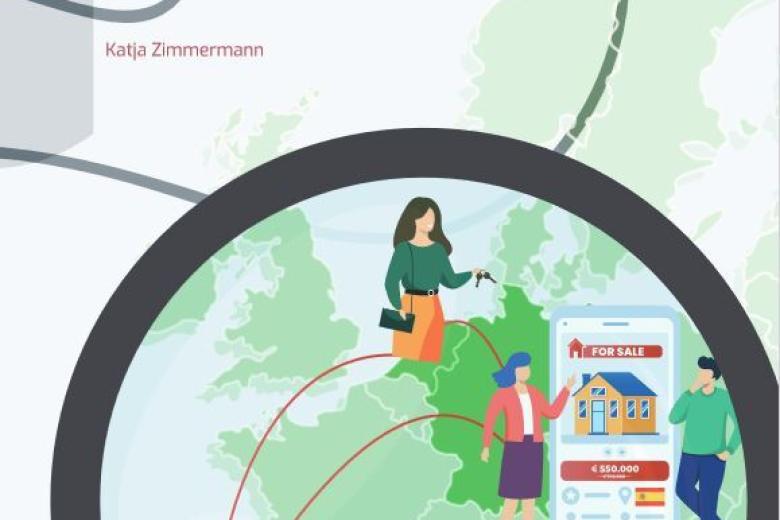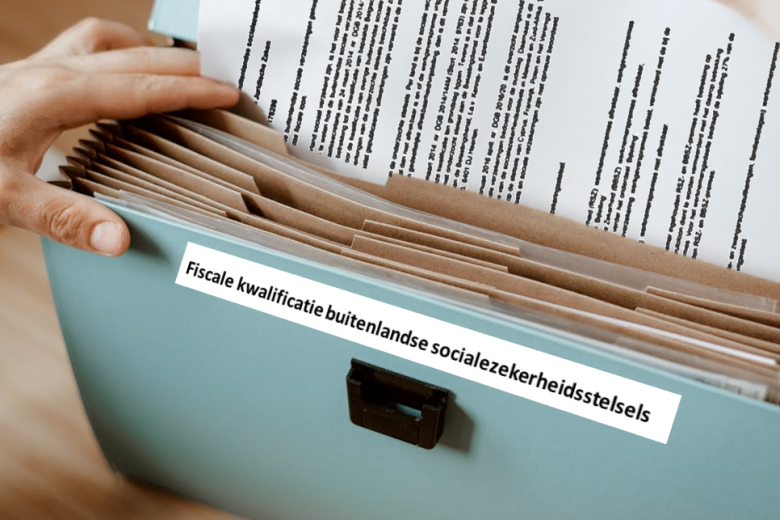Launching ITEM's cross border portal in September
The Institute for Transnational and Euregional cross border cooperation and Mobility / ITEM supports and promotes - from science - the euregional and transnational functioning of society. In order for society to use ITEM's research, a cross-border portal will be launched in September 2018.
ITEM's cross-border portal has a dual function of housing a knowledge base on cross-border issues and of housing the ITEM casuistry (real life cases).
The ITEM knowledge base features high quality and unique content on diploma recognition, pensions, social security and taxation seen in cross-border perspective.
A new home for the ITEM casuistry (real life cases): Do you experience problems that impede your mobility across borders or which hamper cross-border cooperation, for example in the area of social security, access to education, migration legislation or taxation? Then submit your case for analysis by ITEM’s researchers through the ITEM cross-border portal! The submission form can be found on the right hand side of your screen. If you are interested in previous analyses conducted by ITEM you can find anonymised cases in the case database as part of the ITEM knowledge base.
ITEM casuistry research
Are you submitting real life cases to ITEM? Or are you interested in the answers from ITEM to real life cases? The ITEM cross-border portal, to be launched in September 2018, will be the central place to submit casuistry and to read about solution paths for cases regarding cross-border issues. Already interested?
Take a sneak preview of some casuistry via https://itemcrossborderportal.maastrichtuniversity.nl/p/publiccases
Read for example more about:
third country nationals (with a non-EU nationality) working as cross border workers;
the recognition of qualifications of physical education teachers in the Netherlands and Belgium;
the duration of recognition of qualifications.
Also read
-
ITEM Cross-Border Impact Assessment 2021 published
Due to the Corona crisis, also many cross-border workers are forced to work in their home country. They have been asked not to cross the border to come to their office situated in the neighbouring country. At the moment, this is only possible because the Dutch, Belgian and German governments have...
-
Success factors for cross-border real estate transactions: information and patience
Buying a house abroad, with the complex procedures of rules and formalities that apply in the world of real estate transactions, one might wonder: what obstacles might I encounter? In her dissertation, Katja Zimmermann examined the operation and obstacles of various land registration systems. Her...
-
ITEM focal point taken up: addition to Dutch qualification policy for German social insurance schemes
The Dutch Ministry of Finance has updated the guideline on the tax qualification policy of foreign social security schemes. According to expertise centre ITEM, the addition concerning certain German social insurances is a positive development, which is in line with their vision and commitment in...